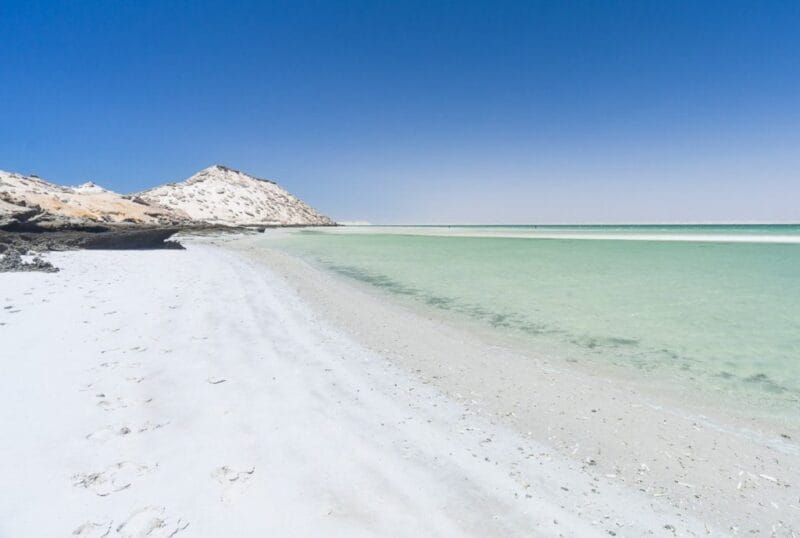Ninety-three percent (93%) of the bathing waters at Moroccan beaches met microbiological quality standards in 2024, an increase of 5 points compared to 2021, according to the national report on the monitoring of bathing water quality and beach sand, presented on Tuesday in Rabat.
Developed as part of the National Program for Monitoring the Quality of Bathing Water and Beach Sand, the report evaluated 199 beaches (488 stations), compared to 79 in 2004, representing an increase of approximately 152%.
Similarly, sampling campaigns conducted at 64 beaches to analyze sand quality and identify types and sources of marine waste showed a 21% decrease in waste volumes between 2021 and 2024.
In this context, plastics continue to dominate, accounting for 86% of the collected waste. Cigarette butts, plastic caps and lids, as well as candy wrappers make up more than 50% of the recorded waste.
On this occasion, the Minister of Energy Transition and Sustainable Development, Leila Benali, noted that the annual conference dedicated to presenting this report aims to prepare for the summer season by mobilizing local authorities and beach managers, highlighting the progress made in monitoring coastal ecosystems through innovative tools.
Ms. Benali, who emphasized that despite these advancements, challenges related to plastic pollution remain significant, indicated that 80% of marine waste comes from land-based activities, calling in this regard for the promotion of ecological solutions, particularly through the circular economy.
Additionally, the government official highlighted the importance of the “Clean Beaches” programs and the “Blue Flag” label, established in partnership with the Mohammed VI Foundation for the Protection of the Environment, chaired by Her Royal Highness Princess Lalla Hasnaa, to encourage sustainable beach management.
Commending the efforts of institutional partners, local authorities, and civil society, the minister advocated for a multiplication of initiatives to achieve a compliance rate of 100%.
Finally, Ms. Benali stressed the importance of tools such as the “Iplages” application, which allows citizens to inform themselves about beach quality and contribute to their preservation.
The assessment and classification of bathing waters are carried out in accordance with the Moroccan standard NM 03.7.199, which has been progressively applied since 2014 and generalized in 2019 to all beaches meeting classification criteria.


